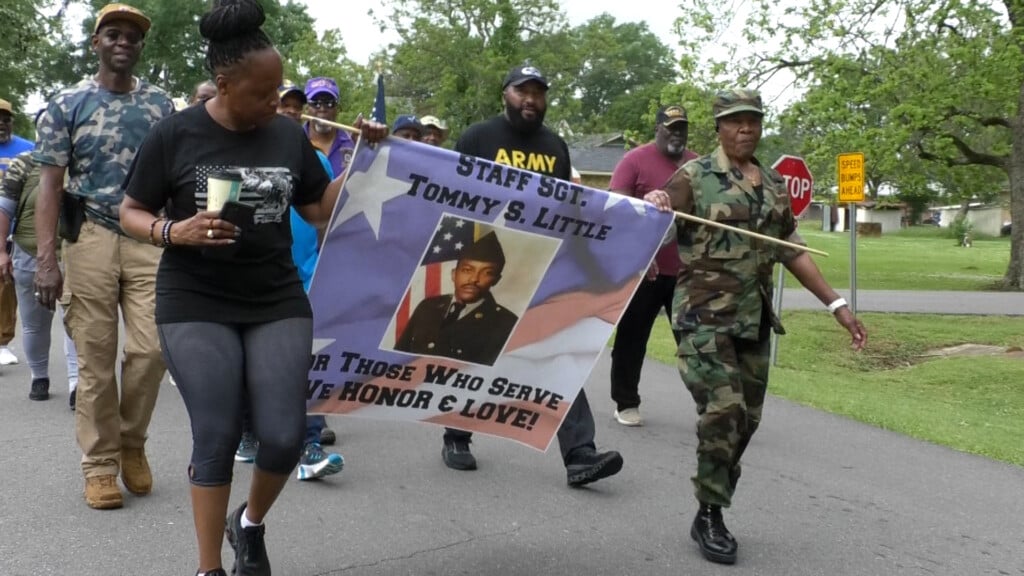Violent Crime Up 11 Percent Nationwide in 2011
By The Associated Press
WASHINGTON (AP) — The number of violent crimes unexpectedly rose by 18 percent in the United States last year, the government said Wednesday, the first time that total has risen in nearly 20 years. Property crimes went up by 11 percent, their first increase in a decade.
Academic experts cautioned that the new figures do not necessarily signal an end to the long era of declining crime.
The increase in violent crime was the result of an upward swing in assaults, which rose 22 percent, from 4 million in 2010 to 5 million last year. The incidence of rape, sexual assault and robbery remained largely unchanged, as did serious violent crime involving weapons or injury.
The U.S. Bureau of Justice Statistics said the percentage increases last year were so large primarily because the 2011 crime totals were compared to historically low levels of crime in 2010. Violent crime has fallen by 65 percent since 1993, from 16.8 million to 5.8 million last year.
Property crime in 2011 was up for the first time in a decade, from 15.4 million in 2010 to 17 million, according to the bureau’s annual national crime victimization survey. Household burglaries rose 14 percent, from 3.2 million to 3.6 million. The number of thefts jumped by 10 percent, from 11.6 million to 12.8 million.
“2011 may be worse than 2010, but it was also the second-best in recent history,” said Northeastern University criminology professor James Alan Fox.
“These simple assaults are so low-level in severity that they are not even included in the FBI counts of serious crime,” Fox said. FBI crime data only counts aggravated assaults.
The growth in violent crime experienced by whites, Hispanics, younger people and men accounted for the majority of the increase.
Chris Melde, an assistant professor at Michigan State University’s school of criminal justice, said “you can have percentage changes that seem quite large but unless you put them in a longer-term perspective you can sometimes misinterpret the overall seriousness of the problem. I would caution against forecasting future crime trends based on a one-year fluctuation.”
A retired police chief says the growing number of assaults last year may reflect a need by law enforcement to spend more time and attention on what’s happening in the nation’s schools.
“My experience was that almost always, disputes started on campus and the young people took care of them off-campus with fists,” said Jim Bueermann, president of the Police Foundation, the country’s oldest, non-partisan, nonprofit police research organization. Bueermann was the police chief in Redlands, Calif., for 13 years.
Bueermann said the bureau’s crime victimization reports can be a useful tool for police because “you get a different snapshot that’s just as valuable” as looking at crimes which are formally reported to police.
The victimization figures are based on surveys by the Census Bureau of a large sample of Americans in order to gather data from those who are victims of crime. The results are considered the government’s most comprehensive crime statistics because they count both crimes that never are reported to the police as well as those reported.
Historically, less than half of all crimes, including violent crimes, are reported to police.
Last May, the FBI’s preliminary crime report for 2011, which counts only crimes reported to police, concluded that while crime dropped again last year, the declines slowed in the last half of the year. In the FBI report, violent crime fell 6.4 percent in the first six months of last year. But for the entire year, the decline was much less, just 4 percent. The number of reported property crimes fell 3.7 percent in the first half of last year, but for all of 2011, went down just 0.8 percent.
The slowing of declines in the second half of last year was seen by some academic experts as a sign that the years of falling crime levels might be nearing an end.
“It will be fascinating to see” the next FBI report, which comes out at the end of October, said professor Alfred Blumstein of the Heinz College of Carnegie Mellon University.





Leave a Reply